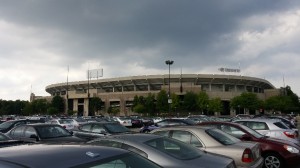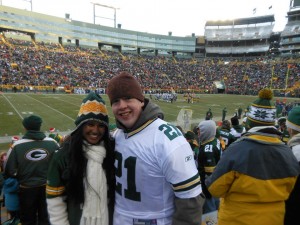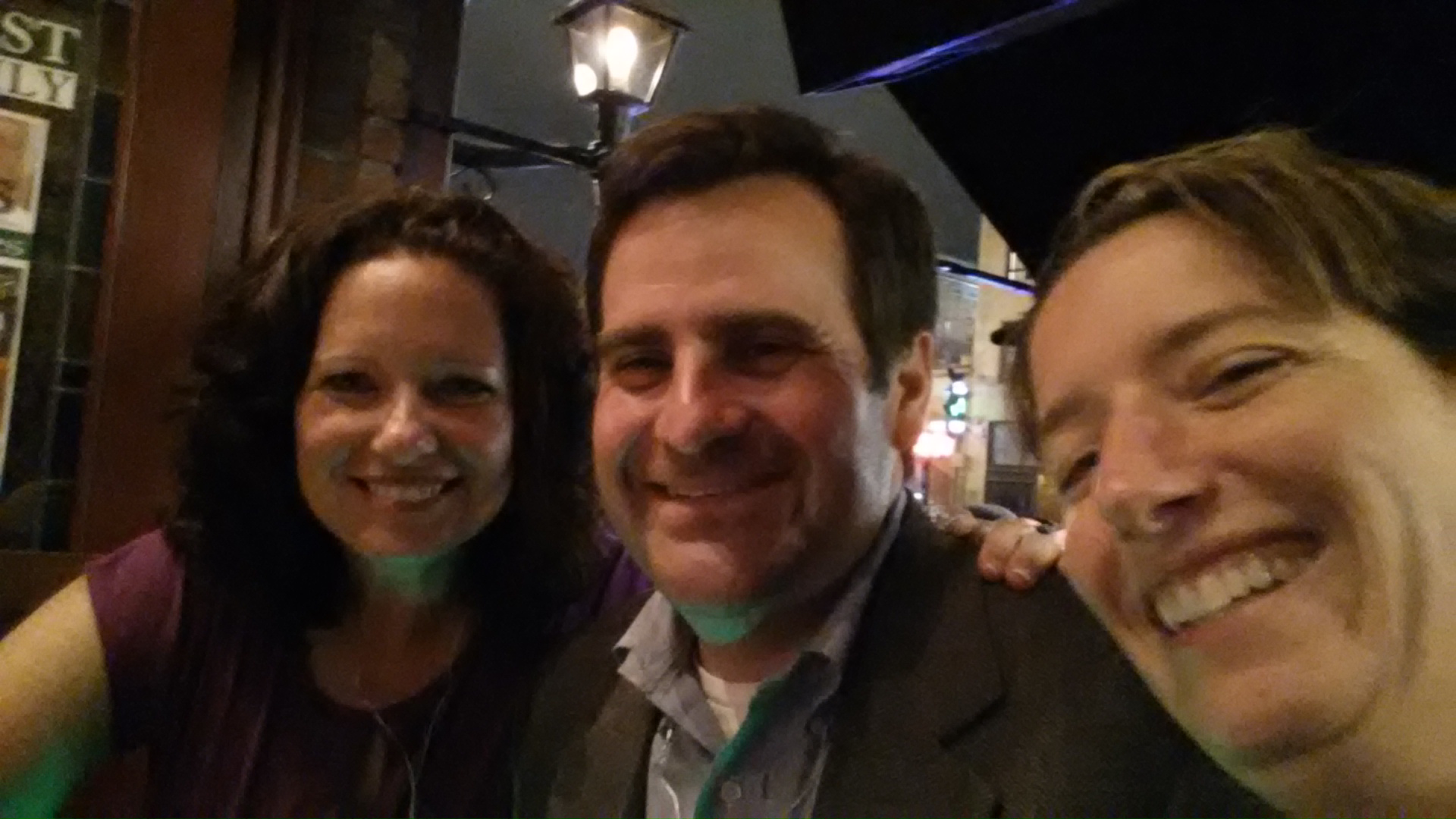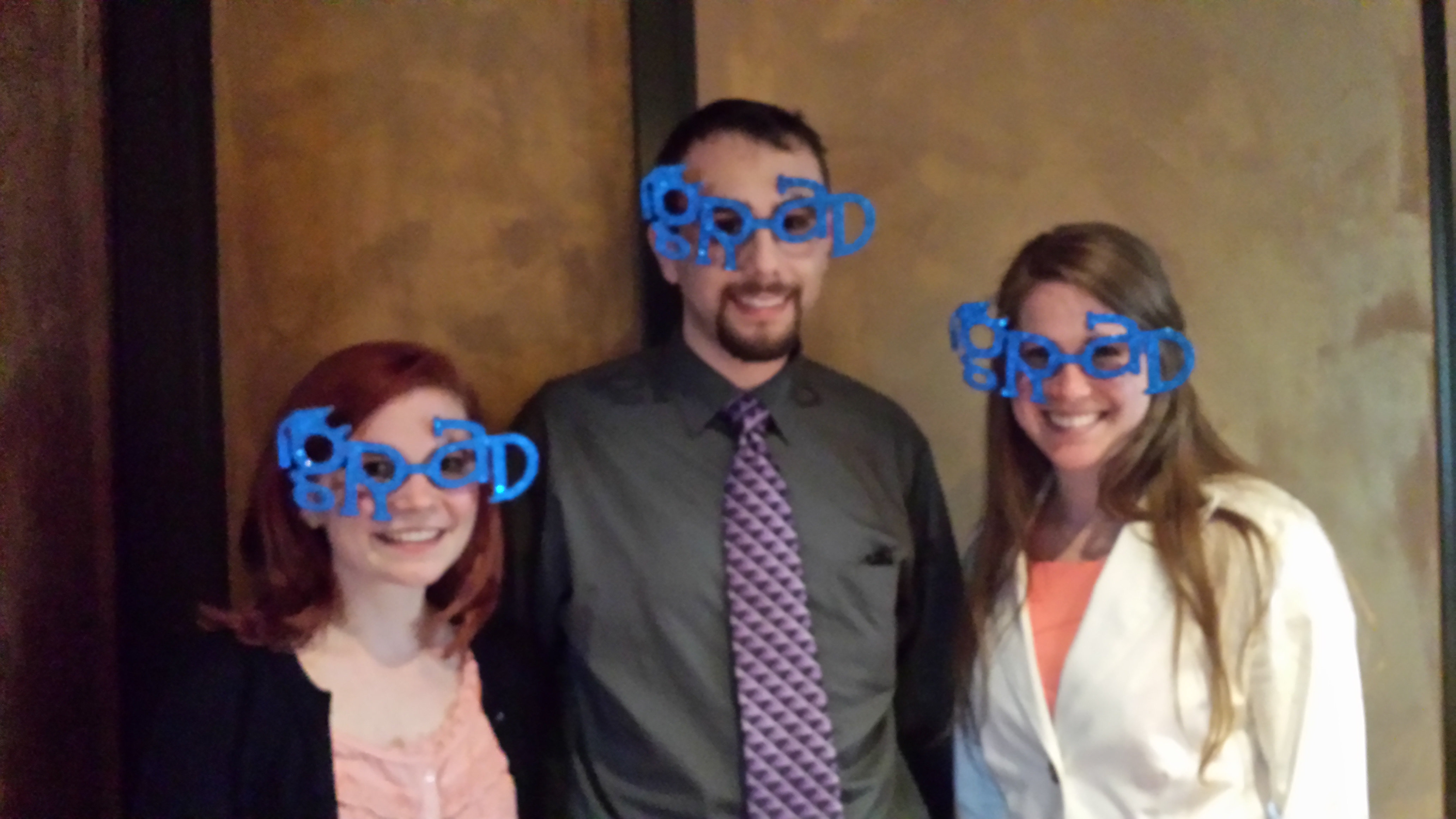… of course it was an article about a new competitor. But, anyway, I got a nod.
Home / Minnesota Legal News / Legal News / U law school launches patent masters
U law school launches patent masters
By: Elizabeth Ahlin April 4, 2014 0
The University of Minnesota Law School is launching a new degree program geared toward training patent agents and portfolio managers.
The new Master of Science in Patent Law, which will have its inaugural class this fall, is geared toward science and engineering students and working scientists and engineers. The nine-month program will prepare students both to prosecute patents and become portfolio managers.
“That’s part of what makes our program unique, that broad focus,” said law school associate dean Sharon Reich Paulsen. “When students go through our program they’ll certainly want to take the patent bar, they’ll certainly be qualified to become patent agents, but they’ll also have a much broader spectrum of knowledge as a result of the curriculum that we’re building here.”
The curriculum is designed to appeal to graduating students, mid-career professionals, and inventors who want to get a better handle on how to manage the business side of their endeavors. The Twin Cities is uniquely suited to foster such a program, Paulsen said.
“The Twin Cities is a hotbed of innovation and outside of Silicon Valley might be one of the leading centers,” said Paulsen. “Because of that the Twin Cities has attracted and developed some really high-powered patent attorneys and patent practice here.”
Plans to start small
One of those attorneys was Chris Frank, who has worked both as a patent attorney and a portfolio manager for Medtronic. With that breadth of experience, Paulsen said, Frank was a natural choice to be the program director for the new degree.
Frank has an easy answer for those who wonder why such a program is needed. He pulls out a graph which shows the number of new U.S. patent applications skyrocketing — from 300,000 to 550,000 annually — since 2000. During that same time, the number of new patent bar members has remained flat.
“With this increase in patent filings, there’s also a need for people that can have a more sophisticated approach to patent law too. It brings in the need for portfolio management, creating revenues through licensing,” Frank said. “How do we enforce these patents? How do we manage thousands of patents that we have now for our products? Not only do we need more people filing, but we need more people who can do the business side of what’s involved with owning all of these patents.”
In its inaugural year, Paulsen and Frank are hoping for a small class of about six or seven students. Initially, they are targeting undergraduate science and engineering students who are interested in patent prosecution and portfolio management.
The school plans to offer scholarships of between $15,000 and $20,000 to the members of its first class. Tuition will be comparable to law school tuition, which is currently about $40,000 for residents and $47,000 for nonresidents. Eventually, Paulsen said, they will develop a part-time program so they can more effectively market the degree to working scientists and engineers. Even further down the line, they hope to offer it as LL.M. degree in patent law to foreign students.
The fall semester curriculum will include both JD and master courses, including patent law and patent prosecution. Students will also take portfolio management, a patent-specific writing course, and will have the option of taking an elective, which could be from the law school or be a technical science or engineering elective course.
Patent agents in demand
Robin Wright, associate dean of the biological sciences, said the new program will be a boon for the science school as well. Working with patents offers science students a potentially lucrative outlet for their technical knowledge and expertise. And, because so many science students enter the University of Minnesota at the sophomore level in terms of credits, this could offer those students the opportunity to earn a bachelor’s and a master’s degree in four years in a field that is in great demand.
“We love the collaborative attitude the law school is bringing to the table,” Wright said. “We think these are the kind of win-win situations that will be real wins for our students and ultimately real wins for the law school as well, because they’re able to attract a whole new genre of students into their programs.”
The program will include a capstone course in portfolio management, which will help bring the education offered beyond just patent agent training. Students will look at technology that has been tried in the marketplace, Frank said, and examine the way it succeeded or failed.
“You can reverse engineer why, what’s working, what’s not working, and identify the opportunities,” Frank said.
A few other schools — Northwestern University, University of Notre Dame, Arizona State University — have similar degree programs. The program at the University of Notre Dame is in its second year. The first class had seven students; the second class had six. Almost all of the members of the first class were hired as patent agents at law firms, said program director Karen Deak. The job market for patent agents is strong, Deak said.
“When I’ve talked with law firms, they want more,” Deak said. “They want patent agents. You can pay them a little bit less, clients like it. From a firm economics standpoint, an agent is a little better moneymaker.”
The program at Notre Dame is different from the University of Minnesota in that it is run through the science department, not through the law school. But Deak said it offers the legal background required to be a successful patent agent.
Non-JD programs on rise
Northwestern University will launch its inaugural class of Master of Science in Law participants this fall. The program offers a concentration in intellectual property and patent design.
“Some people need really focused specific types of legal training as opposed to, say, a three-year JD,” said Kirston Fortune, assistant dean for marketing and communications at the law school. “This has given rise to a lot of masters programs, and ours is specifically tailored to people with science, engineering and medical backgrounds.”
According to the American Bar Association, which approves but does not accredit non-JD programs at ABA-approved law schools, enrollment in non-JD programs has increased from 7,291 in 2000 to 11,139 in 2013. Those numbers might not include programs like Notre Dame’s which would not need ABA approval since it is run as part of the science school, not the law school.
Paulsen said the new program is not an attempt to make money by the University of Minnesota.
“Yes, this will grow over time and will attract students and will bring tuition revenue,” Paulsen said. “Is that our sole motivation for doing this? No, absolutely not.”
Paulsen said she believes the program will add value to the law school and its students, as well as to the state of Minnesota itself. Rachel Clark Hughey, a partner in intellectual property litigation at Merchant & Gould, agreed. Hughey said she anticipates area law firms and corporations to have a strong interest in the program’s graduates, who will have a more holistic understanding of patent concerns.
“Minneapolis and St. Paul are home to a lot of sophisticated companies,” Hughey said. “There is room for a program like this in the region.”



